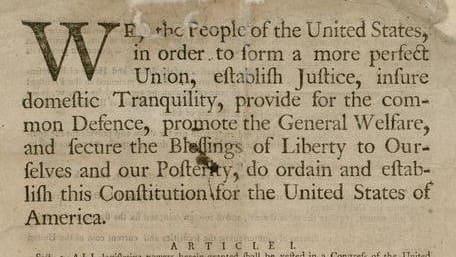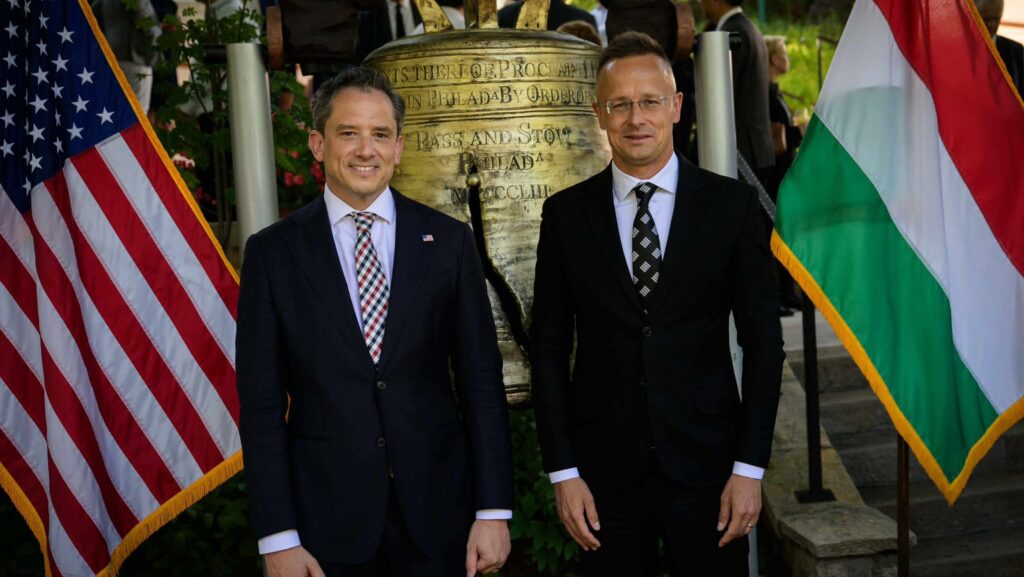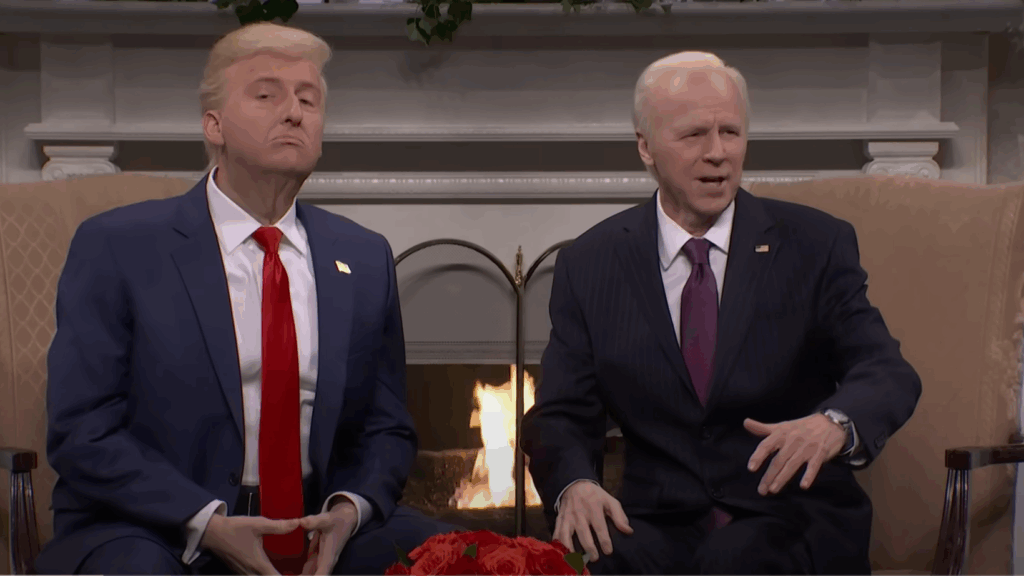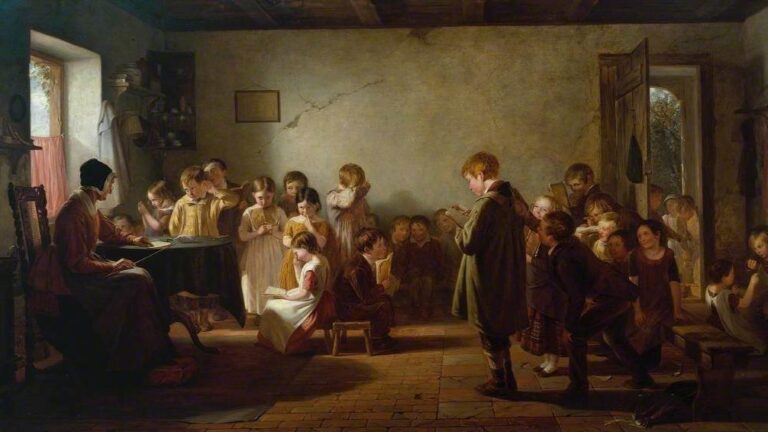This past Friday Alabama Supreme Court ruled in an eight to one vote that frozen embryos from in vitro fertilization (IVF) are considered children under state law. While, as expected, this was condemned by President Joe Biden and his fellow Democrats, Republicans sought to hastily distance themselves from the ruling. Regrettably, the subject of foetuses to be treated as human individuals has been an undesirable topic for discussion among Republicans who proclaim to defend life, especially the presidential hopefuls Nikki Haley and Donald Trump.
The Unwanted Topic
Haley, on Thursday, told NBC News that she considered frozen embryos, created through IVF, to be ‘babies’, but impetuously added that ‘we need to be incredibly respectful and sensitive’ to families who are using IVF to have children. Trump, on his Truth Social platform posted:
‘We want to make it easier for mothers and fathers to have babies, not harder! That includes supporting the availability of fertility treatments like IVF in every State in America.’
IVF is a method by which a male’s sperm and a female’s eggs are collected by a physician, then mixed in a Petri dish in the hopes that one or more of the eggs will become fertilized. Science teaches us that, from the very first moment an egg is fertilized, it becomes an embryo—and an unrepeatable human being now exists.
Techniques that entail the dissociation of husband and wife, by the intrusion of a person other than the couple (donation of sperm or ovum, surrogate uterus), are held to be immoral for Catholics since such methods (heterologous artificial insemination and fertilization) infringe the child’s right to be born of a father and mother known to him and bound to each other by marriage. They betray the spouses’ ‘right to become a father and a mother only through each other’.
The dilemma, aside that man begins to play ‘God’ by taking it upon himself to create life, is that through the use of assisted reproductive technology such as IVF multiple births result from the transfer of more than one embryo during the procedure. Those unwanted foetuses remain in a state of frozen hibernation. In other words, given that life begins at conception,
these babies are deprived of life by keeping them frozen, or worse, being terminated.
The former president when he was interviewed by NBC’s Meet the Press Kristen Welker last September he was asked: ‘[S]hould a fetus have constitutional rights…?’, he diverted away from the issue. He wound up criticizing Florida Governor Ron DeSantis for placing ban on abortions after the sixth week of pregnancy—the former president holds that a woman should have the right to abort her child in the womb up to the fourth month of pregnancy.
The Real Alarm
The alarm among Democrats and certain Republicans was the statement of Chief Justice Tom Parker, speaking for the majority, who cited God to justify the court’s ruling:
‘[Human life] cannot be wrongfully destroyed without incurring the wrath of a holy God, who views the destruction of His image as an affront to Himself.’
Critics primarily argued that Parker’s reference to God is a violation of the US First Amendment, even though the amendment itself never states that God cannot be implored by public officials. It says that ‘Congress shall make no law respecting an establishment of religion or prohibiting the free exercise thereof.’ As it can be clearly seen,
separation between church and state does not mean separation from God, vis-à-vis the norms that regulate society.
God Cannot be Juridically Separated from Government
The US Constitution must be first and foremost interpreted via the Declaration of Independence, which recognizes the ‘Creator’, as well as the ‘Laws of Nature and Nature’s God’—an archaic term developed by the Anglican clergyman in his Of the Lawes of Ecclesiastical Politie (1594), which equate to the natural law and God’s divine precepts.[1] John Locke, perhaps the philosopher who influenced the Founding Fathers the most, in his Two Treatises on Government, likewise identified the Laws of Nature and Nature’s God as God’s moral legislation inscribed in the heart of man. This is because man himself is by nature unable to know the divine moral directives such as doing good unto others.[2]
In addition, we must also look at the original intentions of the Founding Fathers, who constantly based American democracy on God.
In his Memorial and Remonstrance Against Religious Assessments (1785), James Madison, Father of the US Constitution and fourth President of the United States, argued that the duty to the Creator ‘is precedent, both in order of time and in degree of obligation, to the claims of Civil Society’.
In similar manner, Thomas Jefferson, the author of the Declaration of Independence, spoke of the irrationality in questioning God as part of the body politic, especially with regard to the safeguarding of our liberty:
‘God who gave us life gave us liberty. Can the liberties of a nation be secure when we have removed a conviction that these liberties are the gift of God?’
Perhaps the most salient declaration on beseeching God in the public affairs of government is seen the two words that were added by President Dwight D. Eisenhower in 1954 to the Pledge of Allegiance: ‘One nation under God [bolded for emphasis]…’. A reason, among many, why the US House of Representatives begins its daily sessions with a prayer, as does the Senate.
The Moral Fabric of Society
It should not be alarming, in the least bit, to see the negative reactions to Chief Justice Parker’s reference to God—not to undermine aberrancy of denying a foetus constitutional rights—for in the words of the second President of the United States John Adams, who was also one of the foremost constitutional theorists of the founding generation:
‘Our Constitution was made only for a moral and religious people. It is wholly inadequate to the government of any other.’
Parker explained in his opinion that the court was simply enforcing the Alabama state constitution, which was amended in 2018 to recognize ‘the sanctity of unborn life’. It must be further stipulated that this principle, quoting the Book of Genesis, has ‘deep roots that reach back to the creation of man ‘in the image of God’’’. (Genesis 1, 26-27)
Everyone has, as Thomas Jefferson wrote, ‘certain unalienable Rights, that among these are Life, Liberty and the pursuit of Happiness’. The US was shaped by Christian moral truths, notwithstanding a number of the Founding Fathers being Deists. God cannot be reduced to just private observation, as President Biden ceremoniously did when he omitted any reference to Him in last year’s Thanksgiving address—the single day the entire nation stops to thank God for His blessings! If the United States is no longer ‘one nation under God’, not only is the good Lord put aside to private practice, but the moral fabric of democracy also dies altogether—and not just in America.
[1] Richard Hooker, Of The Laws of Ecclesiastical Polity, ed., Arthur Stephen McGrade. Cambridge: Cambridge University Press, 1989, 74-84.
[2] John Locke, Two Treatises on Government, (London: New Edition, 1824), II, 6.








